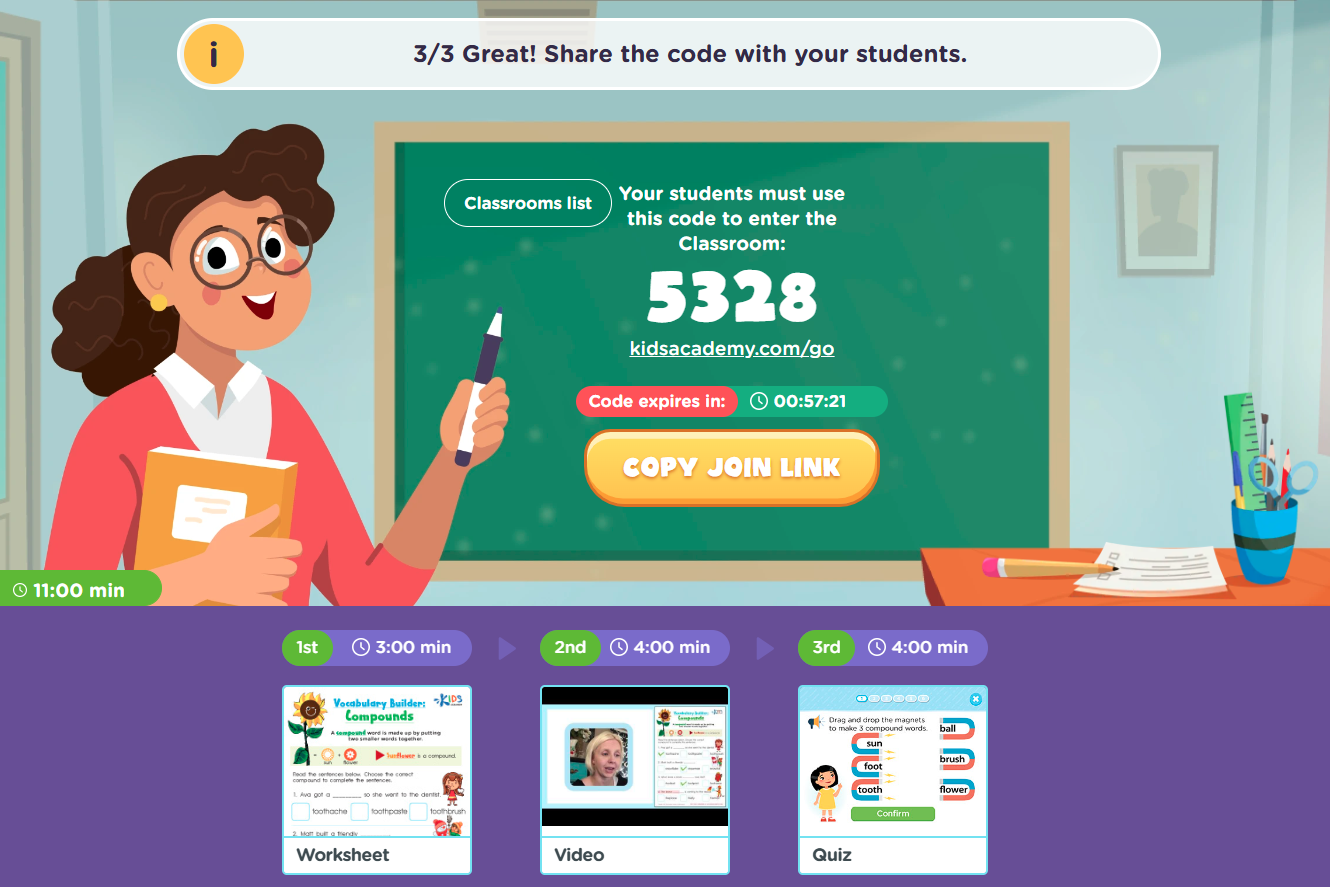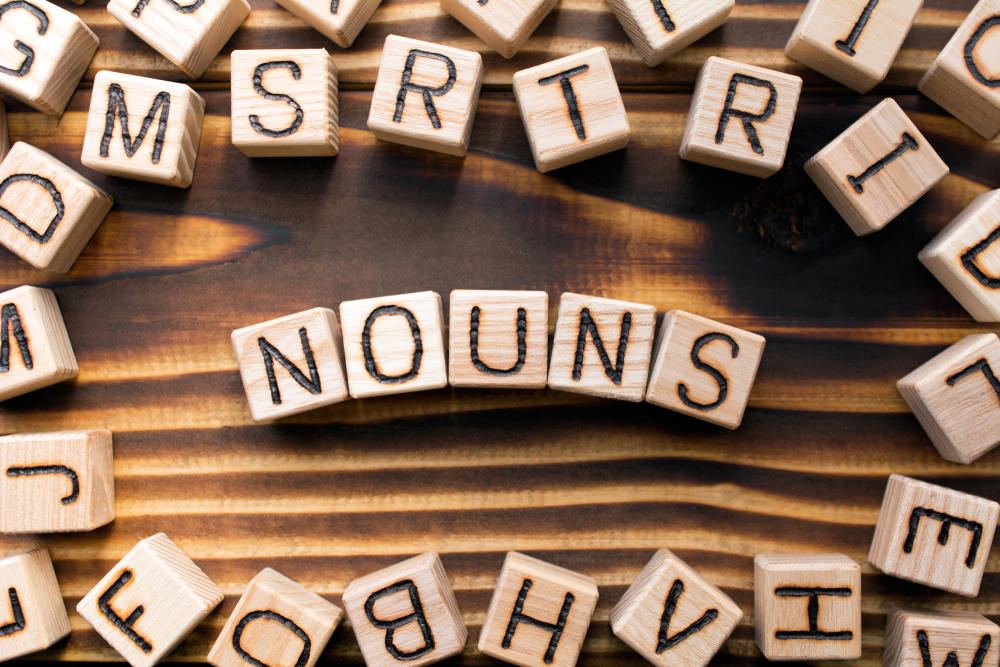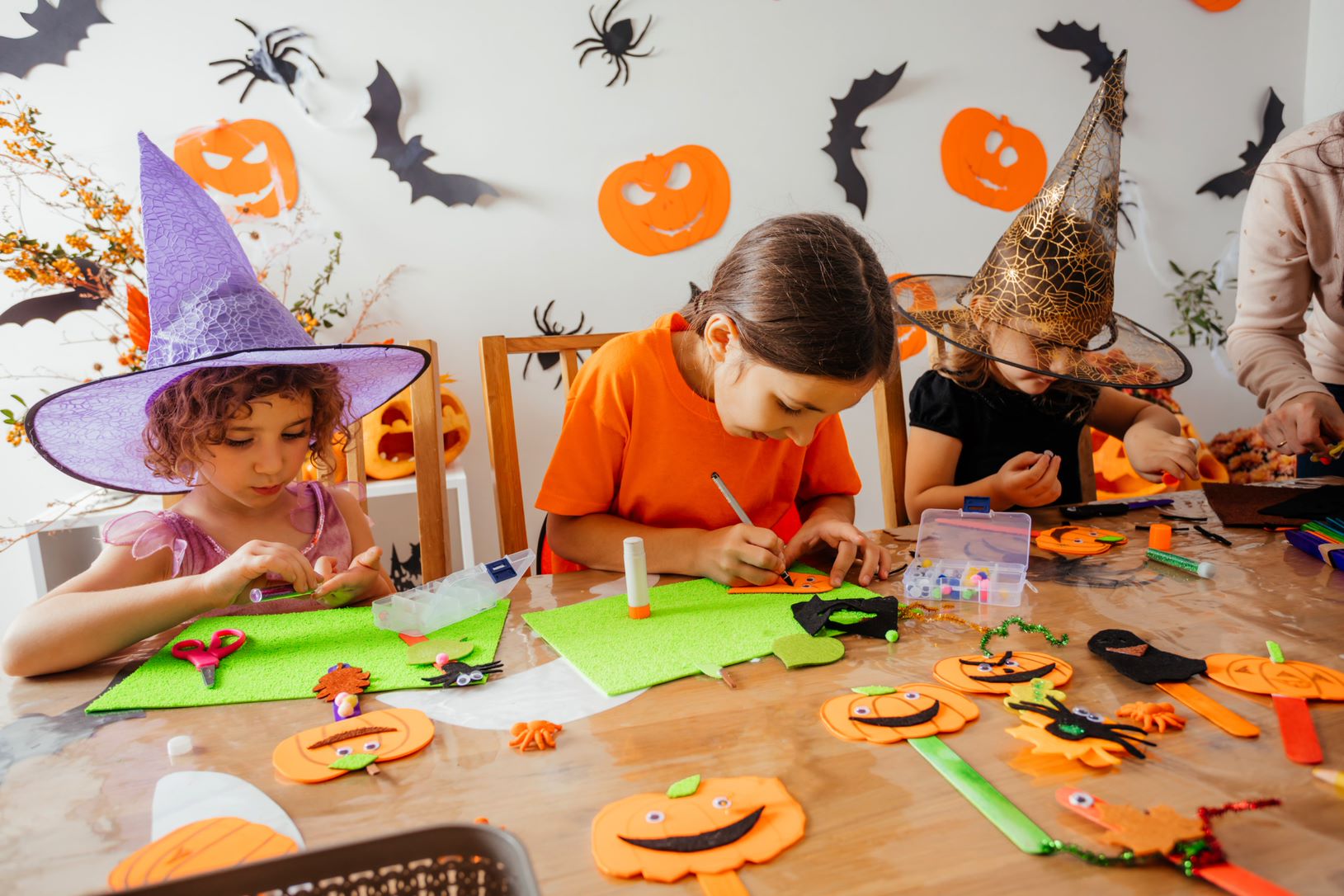Grade 3. Building Vocabulary. Synonyms and Antonyms.
June 1, 2022
You’ve heard the proverb “A child who reads is an adult who thinks.” Indeed, reading develops critical thinking, and critical thinking is arguably a key skill for future success in life. Third grade is a pivotal time for developing your child’s reading skills. You may have noticed that your child’s interest in reading has changed: he chooses books by topic, he expresses interest in fiction and non-fiction books, or he selects books that are longer. This is because third-grade students begin to switch from “learning to read” to “reading to learn.”
At the same time, they are still developing reading skills – skills that will make them better readers and thinkers. One essential skill is building vocabulary. Building vocabulary focuses on increasing the words your child knows and uses. As they read, your child is introduced to words that are not part of their everyday vocabulary. They may struggle with learning to understand these words and how to use them.
Teaching your child about how words relate to each other will help them learn new words as they read. Two types of words that share a specific relationship are synonyms and antonyms. This article helps you teach synonyms and antonyms, access learning activities to practice identifying synonyms and antonyms, and build your child’s vocabulary and develop their reading comprehension.
Synonyms are words that have the same meaning. In fact, the prefix syn- comes from Greek and means “together.” Synonyms go together because they have the same or similar meaning. You can watch this video “Synonyms for Kids” to get a better understanding of this concept.
Now that your child has learned about synonyms, encourage him to use what he has learned by identifying synonyms with the activity “Synonym Check Worksheet.”
For more practice with synonyms, try “Synonyms: The Tortoise and Hare Worksheet” with some fun animals.

Once your children have a working knowledge of synonyms, they are ready to understand that any word may have many synonyms. “Free Synonym Worksheet” has an example of this with the word “easy.”
If there are words that have the same meanings, then there are words that have opposite meanings. These are called antonyms. The prefix ant- also comes from Greek and means “against.” Antonyms go against each other because they have opposite meanings. You can practise antonyms learning together with our inimitable teacher Michael!
Now have your child practice what they have learned by identifying antonyms with “Antonyms: Prometheus Worksheet.”
“Vocabulary Antonyms Worksheet” provides more practice and fun with antonyms.
The next step is to distinguish between synonyms and antonyms. “Synonyms or Antonyms: Assessment Worksheet” is a tool to test your child’s knowledge of these word types.
Don’t let the fun and learning stop here. Show your child how to use this knowledge in his or her everyday reading. As you read with your child, identify synonyms and antonyms or stop and ask for a synonym or antonym of a word within the text.
Build Your Kids' Vocabulary with Kids Academy Classroom!
Are you looking for more vocabulary exercises? Kids Academy Classroom is at your service! Check out this ELA Classroom featuring the Compound Words lesson: OPEN THE CLASSROOM.
After clicking "Next", you'll find a set-up interactive lesson with a video, worksheet and quiz that will help kids better understand and remember the learned material.
Equipped with our extensive learning resource library, KA Classroom allows you to create lessons and share them with your little smarties in a couple of clicks.
Go directly to the Classroom page and create a quick classroom on any topic you want! After students complete the lesson, you'll get access to a report about their performance. Check out our Classroom Guide article for more information!
You might also be interested to read elemantary teacher Shari Stewart's account of her experience using Kids Academy Classroom with her students for reading comprehension practice.

















